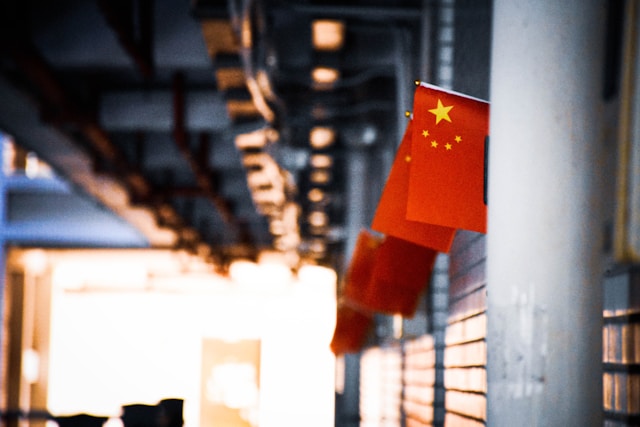
On 12 Dec. 2024, China’s Supreme People’s Court (SPC) issued China’s first anti-anti-suit injunction (AASI) in the global patent dispute between Huawei and Netgear Inc. (Case No: 2024 Zui Gao Fa Zhi Min Zhong 914 (2024最高法知民终914) and 2024 Zui Gao Fa Zhi Min Zhong 915 (2024最高法知民终915号)). The SPC prohibited Netgear from using foreign judicial proceedings to obstruct Huawei’s patent litigation and judgment enforcement in China, with a penalty of CNY 1 million (or USD 139,675) per day for violations. This marks China’s first proactive judicial intervention in global standard essential patent (SEP) governance.
Since 2020, Huawei has been negotiating with Netgear over Wi-Fi 6 patent licensing on a FRAND basis, but the talks failed. In 2022, Huawei initiated infringement lawsuits in China, Germany, and the Unified Patent Court (UPC) of Europe. In January 2024, Netgear countersued Huawei in the United States under the Sherman Act and, on December 4, applied for an anti-suit injunction (ASI) to block Huawei from proceeding with the lawsuits in China and Europe.
On 9 Dec. 2024, Huawei filed AASI applications with the Regional Court of Munich in Germany and the UPC. Both courts ruled the following day, ordering Netgear to withdraw its ASI application in the U.S. and prohibiting any further applications for anti-anti-anti-suit injunctions (AAASI).
On 22 Dec. 2024, the SPC issued its AASI within 48 hours of receiving Huawei’s application, ordering Netgear to refrain from using foreign judicial proceedings to interfere with Huawei’s litigation and judgment enforcement in China. In its ruling, the SPC found that Netgear had engaged in “delays and unreasonable counteroffers” during the negotiations. It also found that the U.S. ASI would deprive Huawei of legal remedies in China, causing irreparable harm.
Reportedly, shortly after the SPC’s issuance of its AASI, the parties reached a comprehensive settlement covering 16 lawsuits in six courts around the world.
This case illustrates a trend of judicial coordination in countering “long-arm jurisdiction”, as the Chinese court, German court, and the UPC simultaneously issued AASIs. The SPC’s move not only safeguards China’s judicial sovereignty but also sets a precedent for “judicial countermeasures” for global SEP disputes.
Contributors: CJO Staff Contributors Team





